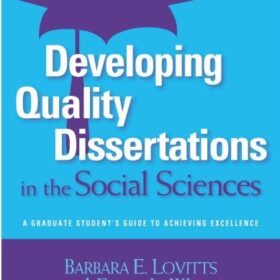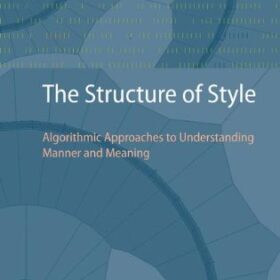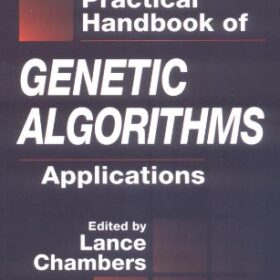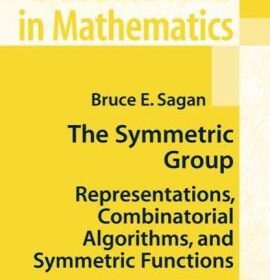Spinoza rejects fundamental tenets of received morality, including the notions of Providence and free will. Yet he retains rich theories of good and evil, virtue, perfection, and freedom. Building interconnected readings of Spinoza’s accounts of imagination, error, and desire, Michael LeBuffe defends a comprehensive interpretation of Spinoza’s enlightened vision of human excellence. Spinoza holds that what is fundamental to human morality is the fact that we find things to be good or evil, not what we take those designations to mean. When we come to understand the conditions under which we act-that is, when we come to understand the sorts of beings that we are and the ways in which we interact with things in the world-then we can recast traditional moral notions in ways that help us to attain more of what we find to be valuable.For Spinoza, we find value in greater activity. Two hazards impede the search for value. First, we need to know and acquire the means to be good. In this respect, Spinoza’s theory is a great deal like Hobbes’s: we strive to be active, and in order to do so we need food, security, health, and other necessary components of a decent life. There is another hazard, however, that is more subtle. On Spinoza’s theory of the passions, we can misjudge our own natures and fail to understand the sorts of beings that we really are. So we can misjudge what is good and might even seek ends that are evil. Spinoza’s account of human nature is thus much deeper and darker than Hobbes’s: we are not well known to ourselves, and the self-knowledge that is the foundation of virtue and freedom is elusive and fragile.
 Doomed in Afghanistan: A UN Officer’s Memoir of the Fall of Kabul and Najibullah’s Failed Escape, 1992 eBook
$14.00
Doomed in Afghanistan: A UN Officer’s Memoir of the Fall of Kabul and Najibullah’s Failed Escape, 1992 eBook
$14.00
 Developing Quality Dissertations in the Social Sciences: A Graduate Student’s Guide to Achieving Excellence eBook
$13.00
Developing Quality Dissertations in the Social Sciences: A Graduate Student’s Guide to Achieving Excellence eBook
$13.00
Digital Video and DSP: Instant Access eBook
$15.00
- Delivery: Can be download immediately after purchasing. For new customer, we need process for verification from 30 mins to 24 hours.
- Version: PDF/EPUB. If you need another version, please Contact us
- Quality: Full page, full content, high quality images, searchable text and you can print it.
- Compatible Devices: Can be read on any devices (Kindle, NOOK, Android/IOS devices, Windows, MAC,..).
- e-Book Features: Purchase and read your book immediately, access your eTextbook anytime and anywhere, unlimited download and share with friends.
- Note: If you do not receive the download link within 15 minutes of your purchase, please Contact us. Thank you!







Reviews
There are no reviews yet.